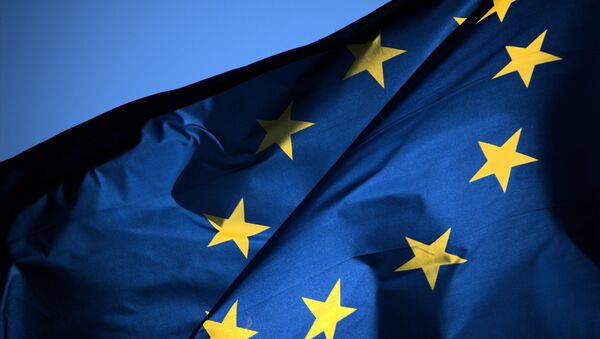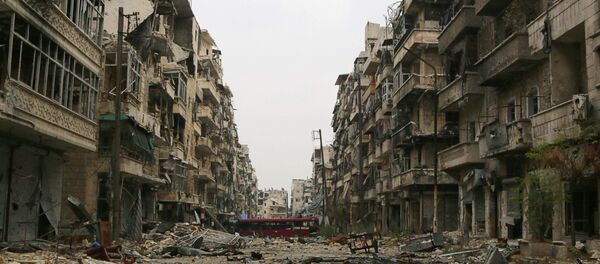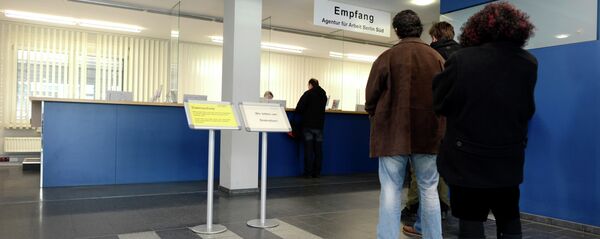The EU foreign ministers approved the extension in Luxembourg during an EU Council meeting.
Since 2014, the European Union, as well as its allies, imposed several rounds of sanctions against Russia for its alleged role in the Ukrainian crisis. The sanctions targeted Moscow’s defense, energy and banking sectors, as well as several individuals.
Moscow has repeatedly denied the allegations, stressing that the concept of ungrounded sanctions is counterproductive.
In response to the restrictive measures, Moscow imposed a year-long food import embargo against the countries that sanctioned Russia.
Despite Russia’s economy being put under pressure by the sanctions' regime, Russian Finance Minister Anton Siluanov said last month that foreign investors were beginning to return to the Russian market as they had started to discern a stabilization in the economic climate.
Several EU enterprises claimed that the sanctions were not beneficial for them, with an Austrian Institute of Economic Research study estimating that the 28-state block could lose up to 100 billion euro ($114 billion) because of the economic sanctions it imposed on Moscow.



